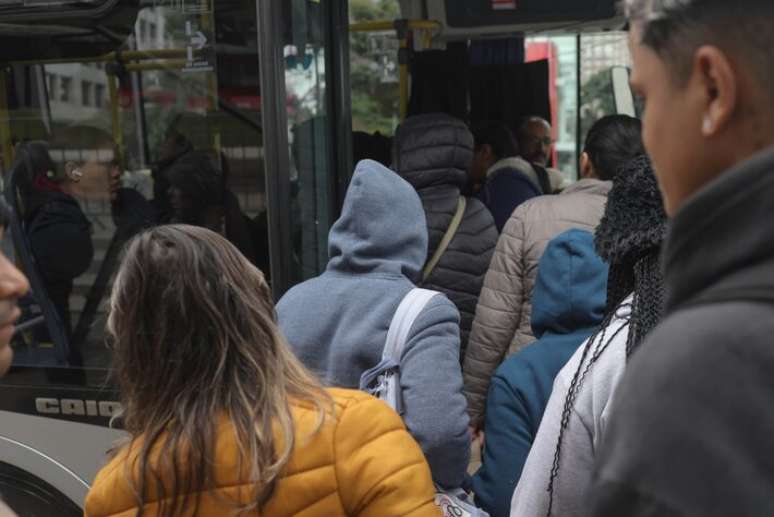The first black woman in the country to head a federal public university says that fighting racial discrimination is everyone’s task, not just the black population
Education is a human right. And the school is one of the institutions responsible for its implementation in the process of human education. At school we don’t just learn letters and numbers. We learn to be people, to recognize and respect differences in race, ethnicity, gender, sexual orientation, beliefs and knowledge.
Going through school education as a student or teacher, especially elementary school, in Brazil, and coming out of it steeped in prejudices of all kinds, discriminating against people because of their race/color, is an unacceptable contradiction.
But, as absurd as it may seem, this is still a reality in our country. It is urgent and necessary rethinking education from an anti-racist perspective. It is an action and a political, pedagogical, civic and ethical position to combat racism capable of re-educating education itself in the management of differences at school.
A process that does not deny the existence of racism, on the contrary, it recognizes, maps and reveals its presence at school. Collectively analyze and study ways to overcome it.
The anti-racist perspective of education is one that operates pedagogically with the affirmation of the ethnic-racial question and not with its denial or silence. It welcomes black subjects and their trajectories, their knowledge, their vision of the world. It investigates curricula, decolonizing them and looking for ways to value African origins and their presence in our lives, regardless of whether we are black or not.
It builds pedagogical strategies for the socialization of knowledge that enhance the African and Afro-Brazilian presence in our human lives, together with other ethnic-racial presences in our society and in the world, without hierarchies or privileges.
Rethinking education from an anti-racist perspective means consolidating the democratic education we fight so hard for. It is a duty of educational policy and of every public or private school institution, as highlighted by the art Guidelines and legislative bases on education – Law 9394/96 -, modified by Law 10.639/03, which made the teaching of Afro-Brazilian and African history and culture mandatory in schools.
In 2004, the National Council of Education prepared the National curricular guidelines for racial-ethnic relations education and for the Teaching of Afro-Brazilian and African History and Culture (DCN), approved by Ministry of Education. DCN celebrates 20 years and offers conceptual and pedagogical guidelines for implementing anti-racist education every day.
The programs, the pedagogical project, the evaluation, the learning, the teacher training, the relationship with the students, the community and the social movements, when resized in an anti-racist perspective, will be in line with what has been achieved and with the most advanced that exists in guaranteeing human rights.
And if human rights are universal, then the fight against racism is a task that involves every society and every person, not just the black population.
Source: Terra
Rose James is a Gossipify movie and series reviewer known for her in-depth analysis and unique perspective on the latest releases. With a background in film studies, she provides engaging and informative reviews, and keeps readers up to date with industry trends and emerging talents.






